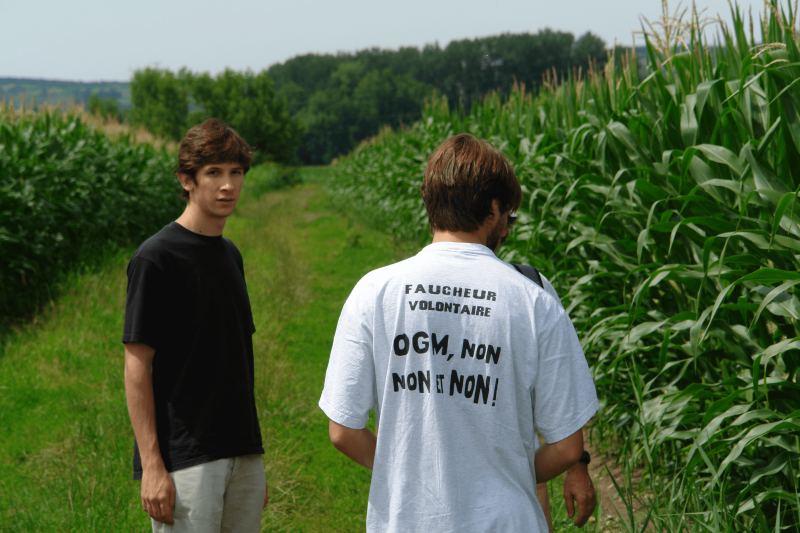French opinion has an ambivalent relationship with scientific progress. Welcomed with enthusiasm in the field of human biology, it is, for example, perceived with much more reserve in that of plant biology. It is all the more paradoxical since when it comes to the control of living things, our researchers stand out worldwide.
The techniques of selection and controlled mutation of plants called NBT (for “new breeding technologies”) represent a turning point for our agriculture. Unlike GMOs (unfortunately discredited by pseudo-studies which were only shams), genome editing techniques, directed or random mutagenesis, do not transfer foreign genes and are limited to a modification of the existing, which can optimize or cancel a characteristic already present in the genome of the organism.
…
In principle, these methods of genome editing and modification of living organisms, with the aim of making plants more resistant, less vulnerable to certain pests, more nutritious or even less water-intensive, have been practiced since the Neolithic era. But where it took hundreds of years of trial and error to find the right variety, science can now do it more precisely, quickly and reproducibly. And this is excellent news, in light of the upheavals that our agriculture will undergo under the effect of global warming.
[Editor’s note: This article was originally published in French and has been translated and edited for clarity.[































